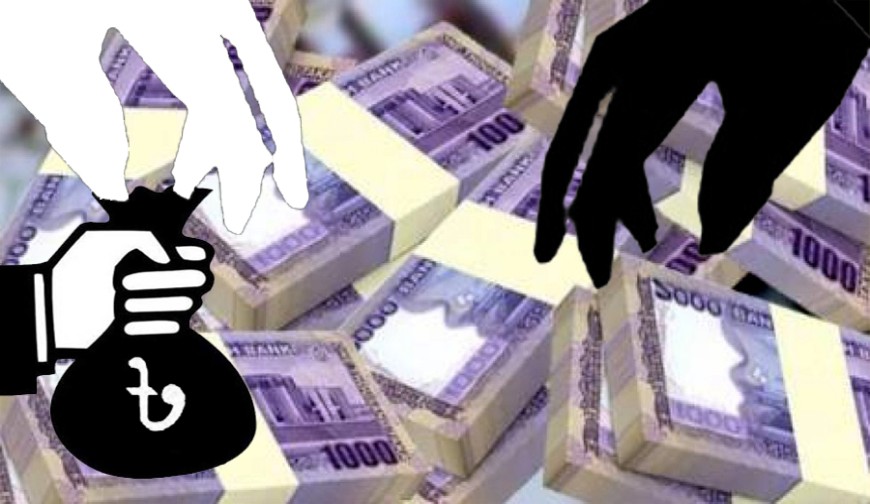The upcoming national budget for the fiscal year 2024–25 may include a provision for legalizing undisclosed (black) money, but this time the opportunity is expected to be more limited and subject to stricter conditions. Unlike previous years, the government may increase the applicable tax rate and allow relevant authorities to question the source of funds.
In the current fiscal year, individuals were allowed to legalize undisclosed money without being questioned. According to data from the National Board of Revenue (NBR), by January 2023, approximately Tk 47,000 crore in undeclared funds had been legalized under this provision.
Currently, regular taxpayers pay up to 25% in taxes, while individuals legalizing black money can do so by paying just an additional 15%. In the upcoming budget, this rate may be increased, and authorities might be permitted to inquire about the origins of such funds.
Former adviser to the caretaker government Dr. Salehuddin Ahmed stated, “It will not be as broad-based as before. The opportunity will be limited to specific sectors, and there will not be blanket immunity from questioning.”
As in previous years, stakeholders from the real estate and capital markets are advocating for the opportunity to invest undisclosed income in these sectors. Senior Vice President of the Real Estate & Housing Association of Bangladesh (REHAB), Liakat Ali Bhuiyan, said, “Investors need assurance that they won’t face any consequences. Only then will they feel confident enough to invest.”
SM Iqbal Hossain, President of the Capital Market Investors Forum, added, “We do not support the inclusion of illicit funds like looted or stolen money in the stock market. However, we believe there should be a chance to invest undisclosed but legally earned income.”
Despite this, economists and analysts argue that such provisions are morally and constitutionally questionable and may ultimately promote corruption. Dr. Iftekharuzzaman, Executive Director of Transparency International Bangladesh (TIB), said, “This is unconstitutional, discriminatory, and fosters corruption. Instead of allowing such opportunities, the focus should be on eliminating the root causes of corruption.”
Experts hope that the interim government will take a principled stand and foster a culture of transparency and fairness in the economic system.

